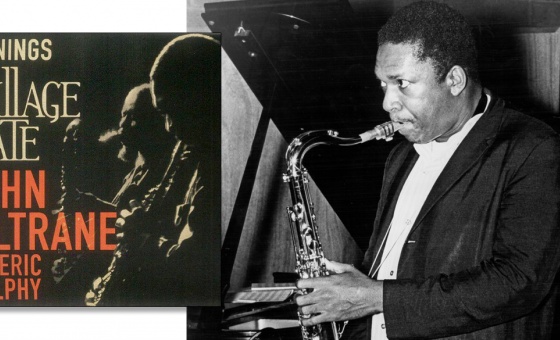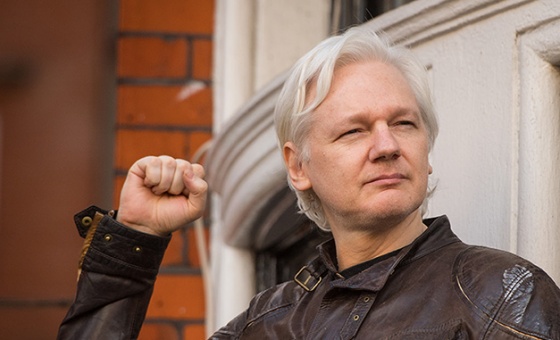This is the last article you can read this month
You can read more article this month
You can read more articles this month
Sorry your limit is up for this month
Reset on:
Please help support the Morning Star by subscribing here
OFFICIALS from India’s Income Tax Department searched the BBC’s offices in New Delhi and Mumbai today, weeks after it broadcast a documentary about Prime Minister Narendra Modi.
Teams from the tax department searched for documents related to the BBC’s business operations and its Indian arm, news agency the Press Trust of India reported.
Rights groups and opposition politicians denounced the move as an intimidation tactic intended to quash the media.
The search continues “a trend of using government agencies to intimidate and harass press organisations that are critical of government policies or the ruling Establishment,” the Editors Guild of India said in a statement.
Last month, the BBC broadcast a documentary in Britain titled “India: The Modi Question” that examined Mr Modi’s role during 2002 anti-Muslim riots in the western state of Gujarat, where he was chief minister at the time. More than 1,000 people were killed in the violence.
Mr Modi has denied allegations that authorities under his watch allowed and even encouraged the bloodshed, and India’s Supreme Court said it found no evidence to prosecute him. Last year, the court dismissed a petition filed by a Muslim victim questioning Mr Modi’s exoneration.
The second portion of the two-part documentary examined “the track record of Narendra Modi’s government following his re-election in 2019,” according to the programme’s description on the BBC website.
The programme prompted an immediate backlash from the government, which invoked emergency powers under its information technology laws to block it.
Local authorities scrambled to stop screenings organised at a number of Indian universities, and social media platforms including Twitter and YouTube complied with government requests to remove links to the documentary.
Critics and political opponents decried the ban as an assault on press freedom in India.
The BBC said in a statement at the time that the documentary was rigorously researched and involved a wide range of voices and opinions.
“We offered the Indian government a right to reply to the matters raised in the series — it declined to respond,” the statement said.
India’s Foreign Ministry called the documentary a “propaganda piece designed to push a particularly discredited narrative” that lacked objectivity.
Many lawmakers from Mr Modi’s party criticised the programme as an attack on India’s sovereignty.
Last week, Hindu right-wing nationalists petitioned India’s supreme court for a complete ban on the BBC. The court dismissed their plea, calling it “absolutely meritless.”
Human Rights Watch said earlier that the banning of the documentary reflects a broader crackdown on minorities under the Modi government, which the rights group said has frequently invoked draconian laws to muzzle criticism.
In recent years, India’s Muslim minority has been at the receiving end of violence from Hindu nationalists emboldened by a prime minister who has said little about such attacks since he was first elected in 2014.
Press freedom in India has been on a steady decline in recent years. The country fell eight places, to 150 out of 180 countries, in the 2022 Press Freedom Index published by Reporters Without Borders.
Media watchdog groups also accuse the Modi government of silencing criticism on social media under a sweeping internet law that puts digital platforms including Twitter and Facebook under direct government oversight.











